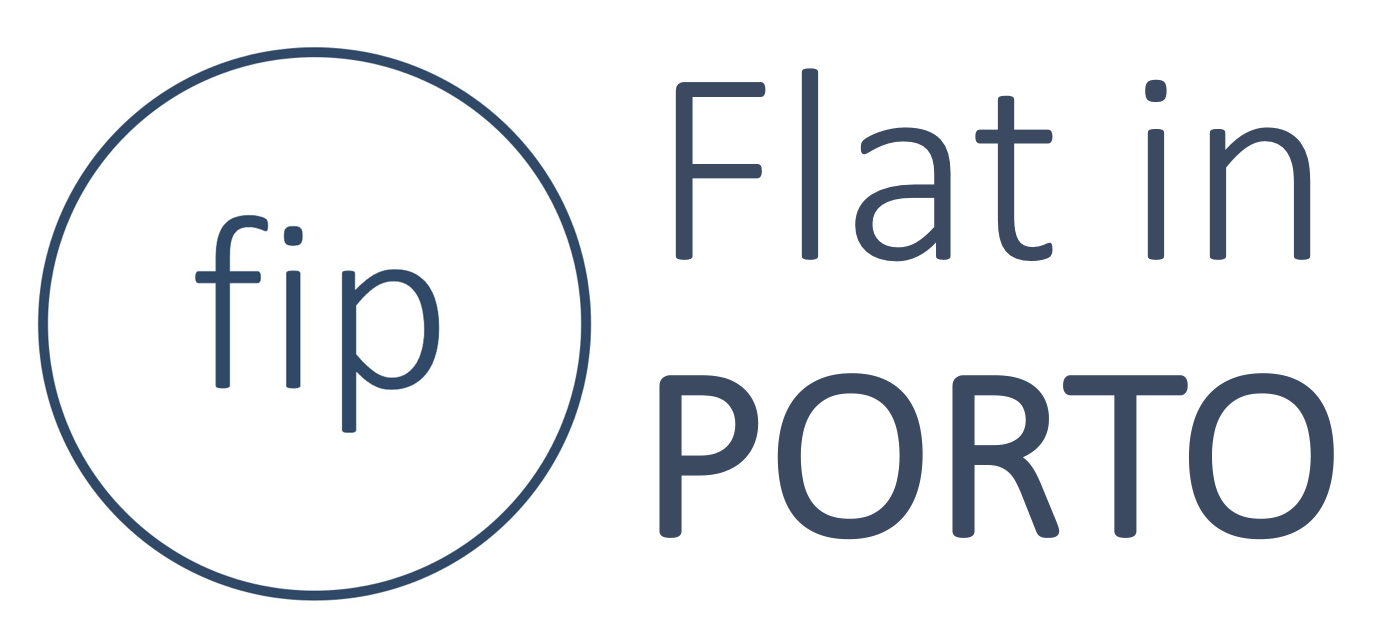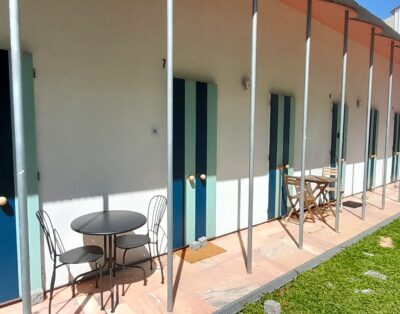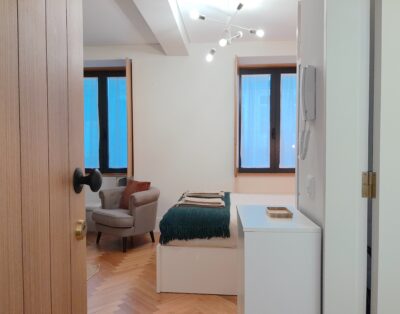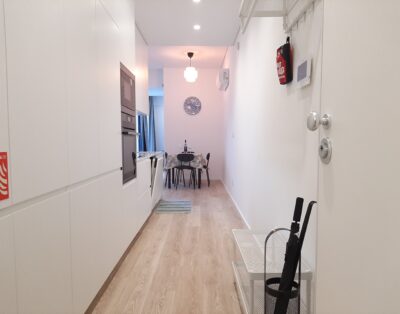MH5 Fiscal Measures in Portugal’s Housing Decree-Law

Introduction to Fiscal Measures for Housing
The Housing Decree-Law enacted by Portugal introduces a series of fiscal measures aimed at supporting the development and availability of affordable housing. This legislation targets various aspects of the housing market, from construction and rehabilitation to the conversion of properties for long-term residential use. This post outlines the key fiscal measures introduced by the law and their intended application within the housing sector.
Key Fiscal Measures Introduced
The Decree-Law encompasses several fiscal strategies designed to facilitate housing projects and encourage the rehabilitation of existing structures. These measures include:
- VAT Adjustments: The law specifies adjusted VAT rates for the construction, rehabilitation, and conversion of properties into affordable housing units. These adjustments are intended to reduce the cost burden on developers and property owners, making it financially feasible to undertake housing projects that align with the law’s objectives.
- Property Tax Benefits: Property owners participating in affordable housing development, rehabilitation, or conversion projects may be eligible for exemptions or reductions in Municipal Property Tax (IMI) and Municipal Transfer Tax (IMT). These benefits are designed to lower the financial barriers to entry for housing projects and incentivize investment in the housing sector.
- Income Tax Incentives for Property Conversion: Owners converting local lodging units into long-term residential rentals can access specific income tax benefits. These incentives aim to make the conversion process more appealing to property owners by providing financial relief on income generated from the newly converted rental units.
- Capital Gains Tax Relief: The legislation includes provisions for capital gains tax relief on the sale of properties intended for affordable housing development. This measure encourages the reallocation of real estate assets towards affordable housing initiatives by reducing the tax implications of such transactions.
Implementation and Application
The fiscal measures within the Housing Decree-Law are designed to be implemented through a collaborative effort between property owners, developers, and governmental bodies. The success of these measures will depend on their effective application and the willingness of stakeholders to engage with the opportunities presented by the legislation.
Authorities are tasked with providing clear guidelines and support to ensure that the benefits are accessible and that participants are fully informed of their eligibility and the application process. Additionally, monitoring systems are to be established to assess the impact of these fiscal measures on the housing market and to make adjustments as necessary to achieve the intended outcomes.
Conclusion
The fiscal measures introduced by Portugal’s Housing Decree-Law represent a significant effort to address the challenges within the housing market through financial incentives and tax benefits. By lowering the cost of housing projects and incentivizing the rehabilitation and conversion of existing properties, the legislation aims to increase the availability of affordable housing and support the overall health of the housing sector. The successful implementation of these measures will be key to realizing the law’s objectives and enhancing housing accessibility in Portugal.













